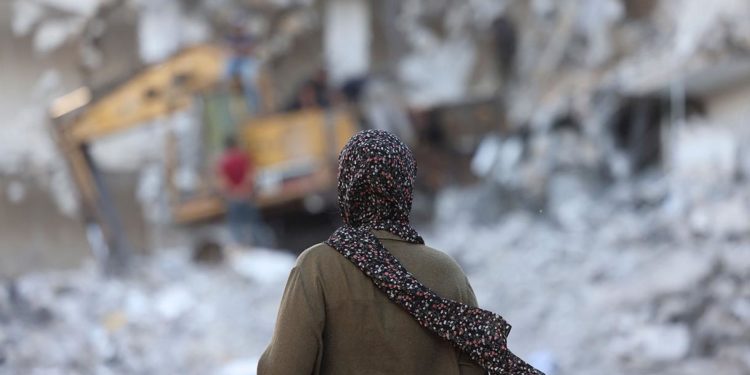Table of Contents
When we speak of war, in its most traditional meaning, we are referring to a conflict between sovereign states or coalitions that ignites to find a resolution of a dispute motivated by real or presumed ideological, economic, political and social conflicts. We will not go into this complex topic, but let us say that regardless of motivations or victories, war knows no winners because it kind noise, tears and fear.
And as if the countless victims of war situations weren’t enough, in a not too distant past, there was another war in war, to fight or worse to suffer. More silent, more subtle and inhumane: that of sexual violence in conflicts.
On 19 June 2015, the United Nations General Assembly, to commemorate the UN Security Council Resolution of 19 June 2008 which condemned the use of sexual violence as a war strategy, introduced the International day against sexual violence in armed conflicts to close, forever, one of the darkest chapters in the history of mankind.
Sexual violence carried out by soldiers or by all those involved in an armed conflict, in fact, it was practiced with impunity. It took years, indeed centuries, for this to be recognized as a threat to the peace and security of the peoples and countries of the world.
Rape, sexual slavery, obligation to prostitute have been included in the definition of sexual violence so that the physical and moral integrity of people is no longer harmed. Because over the years too many brutalities, in addition to those generated by the war itself, have gotten the let go.
Among these were the forced sterilizations, marriage prohibitions and sex segregation. And still the genital mutilation, rape and forced pregnancies. In the sentence Karadžić and Mladić, respectively political leader and military leader of the Bosnian Serbs whose troops perpetrated the Srebrenica massacre, it emerged that in some prison camps rape was practiced with the purpose of father children of Serbian origin.
History teaches us that at the expense, most of all, it was the women. The choice of opponents to hit women was not made by chance: the woman represents the foundations of a people, the one who gives life and guarantees the descendants of generations.
But these atrocities, until 2008, were no exception on the battlefield. In fact, sexual violence has been accepted in the past as a direct and inevitable consequence of armed conflict. However, it was precisely the war in the former Yugoslavia that attracted the attention of the United Nations: it was time to do something.
Thus, on June 19, 2015, the International Day Against Sexual Violence was established with the aim of raising public awareness of these barbarities. To honor all the victims of such crimes and to remember that this is a threat to international peace and security but, above all, a grave violation of human rights.
Read also







